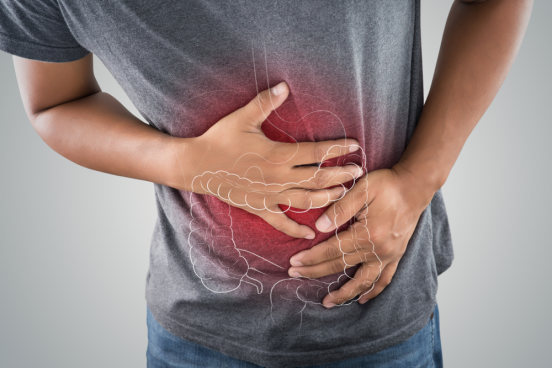Colon polyps are small cell clusters that form on the lining of the colon. Most of these polyps are harmless, but over time, some polyps can easily develop into colon cancer. This is a serious condition, especially when detected at a later stage. Almost anyone can develop colon polyps. People over the age of 50 have an increased risk of developing this condition. Even smokers and overweight people, or those with a family or personal history of colon polyps, may have an increased risk of developing this condition.

Colon polyps – The cause is unknown, but the condition rarely causes symptoms. Therefore, it is important for people at risk of developing this condition to have regular checkups. This also includes colonoscopies. Polyps that are found early can be conveniently removed. They can be completely removed in a very safe manner. Regular checkups are the best measure to prevent colon polyps.
What are the causes of colon polyps?
- Doctors do not know the exact cause of colon polyps, but they believe that polyps are the result of abnormal tissue growth.
- The body regularly produces healthy cells to replace old cells that are damaged or no longer needed. The division and growth of these new cells is regulated. However, in some cases, new cells develop and then divide before they are actually needed. This overgrowth can lead to polyps.
- Packed red meat is also one of the most common causes of colon polyps.
- Lack of fiber in the body.
- Excessive intake of a high-fat diet.
- Obesity is also a major cause of colon polyps.
- Hereditary conditions such as Gardner syndrome, familial adenomatous polyposis, and Peutz-Jeghers syndrome also increase the risk of developing colon polyps.
What are the signs and symptoms of colon polyps?
- Most people with colon polyps do not show any symptoms.
- They are actually completely unaware that they have polyps because they feel comfortable.
- Rectal bleeding is one of the most common symptoms of colon polyps.
- Blood in the stool can also be a sign of colon polyps.
- The blood can make the stool appear black or have red streaks.
- Feelings of fatigue due to anemia and lack of iron in the body are common symptoms. Bleeding from polyps can lead to iron deficiency and anemia.
- Many other health problems can also cause these symptoms. However, if rectal bleeding or blood in the stool is a common occurrence, it is imperative to consult a doctor.
How to prevent colon polyps?
Knowing the causes of colon polyps can help prevent the condition. However, there are other important steps that can be taken to prevent the condition. They are as follows:
- Get regular checkups. Lifestyle changes can also help prevent colon polyps by eliminating their cause.
- Developing healthy habits, such as eating fruits, whole grains and vegetables and reducing fat intake, can help prevent colon polyps.
- Limiting alcohol intake and avoiding smoking.
- It is also important to stay physically active and maintain a healthy weight.
When should you see a doctor?
A GP consultation is essential in the following cases:
- Blood in the stool
- Stomach pain
- Changes in bowel habits that last for more than a week
It is important to discuss vitamin D and calcium intake with your doctor. In fact, studies have proven that increasing the intake of foods rich in vitamin D and calcium can help prevent polyps from recurring. However, this is not entirely clear. It is important to consider all options, especially if you are at very high risk for developing colon polyps.





